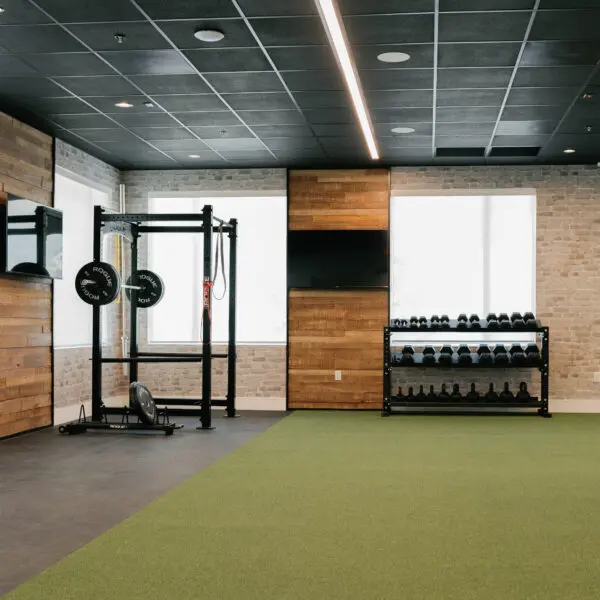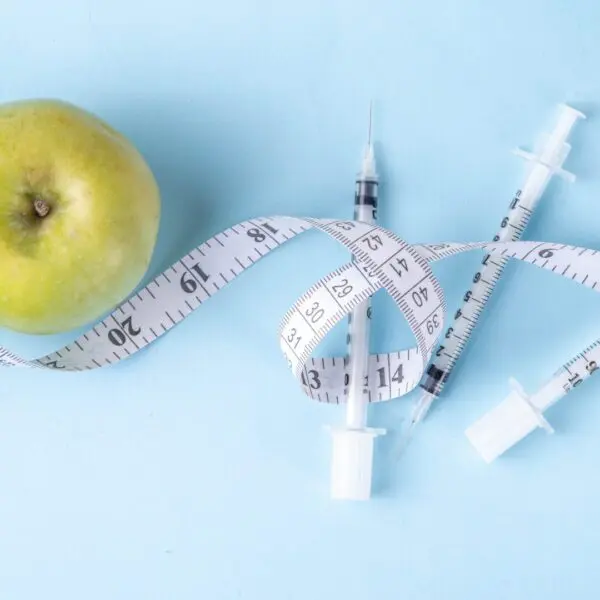Forget proprietary blends. Ignore all the trends and fads and influencers peddling the “hot new thing” in strength training. We’ve seen it all and when it comes to building and maintaining muscle in your 30s, 40s, 50s and beyond, there are only so many tried and true supplements you can take to give yourself an edge. And the beauty of these supplements is that they not only increase the efficiency and benefits of your strength training, but they also help fight off sarcopenia as you age.
One thing to keep in mind is that while all nine of these supplements are beneficial, you may be able to ingest some of them through your diet. For instance, if your goal is to keep and increase your muscle mass with strength training, you’ll want to consume about 1.5 grams of protein per kilogram of body weight. For most people this falls in the 100g to 200g of protein per day range. If you’re getting that from chicken, meat or other plant sources, then you may not need a protein shake as a supplement.
With that being said, here are 9 supplements you may want to consider to boost your time in the gym:
1. Creatine
Creatine is one of the most studied supplements on the planet. It helps provide energy for high-intensity exercise, builds lean muscle mass and aids strength and endurance training. New research is also showing that it improves brain health as well.
2. Beta-alanine
This amino acid can boost exercise capacity and performance during intense anaerobic activity. It also helps reduce fatigue and aids in the production of carnosine, which is necessary for muscle endurance and high intensity training.
3. Branched-chain amino acids (BCAAs)
BCAA supplements help decrease muscle damage during intense training and promote muscle protein synthesis. Popular options are leucine, isoleucine and valine.
4. Nitrates
Beetroot juice or sodium nitrate supplements can enhance blood flow and oxygen efficiency, improving exercise performance. Dr. Purita also endorses superbeets in chewable form for heart health.
5. Carnitine
This compound transports fatty acids to mitochondria for energy use. It may help increase fat burning during aerobic activity. This is often included in a pre-workout or post-workout mix.
6. Protein
Consuming protein pre- and post-workout helps rebuild and repair muscle tissue. Whey, casein, and plant proteins are popular options.
7. Omega-3 fatty acids
EPA and DHA omega-3s reduce inflammation from training stress and aid muscle recovery.
BONUS: Read Dr. Purita’s 4 Tips to Maximizing Fish Oil’s Effectiveness
8. Electrolytes
Replenishing electrolytes like sodium, potassium, and magnesium lost in sweat can prevent dehydration and muscle cramping. If you train with high intensity, whether through HIIT workouts, CrossFit-level routines or through active sports, you’re likely losing electrolytes through sweat, especially if you live in Florida. Taking an electrolyte supplement before, during and after training can be a smart move to maintain performance.
If you’re training for an endurance race like a triathlon or marathon, you may want to consider hydrating from the inside with IVs. IVs are excellent for recovery because they’re easy on the stomach, they enter the bloodstream quickly and you can load them up with energy-boosting antioxidants and vitamins like B12, vitamin C and more. Check out PUR-FORM’s full menu of IV treatments.
9. NAD (nicotinamide adenine dinucleotide)
NAD may enhance exercise efficiency and is involved in energy metabolism and mitochondrial health. Some early studies show NAD precursors like nicotinamide riboside can boost endurance and muscle function in mice.
It may also help maintain healthy NAD levels that decline with age, allowing muscles to withstand oxidative stress from exercise better. The stronger your mitochondria, the stronger your health is overall. This is why many consider getting NAD+ treatments for overall energy improvement and immunity protection. After all, if you’re tired and sick, you’re not going to hit the gym. Learn more about our NAD+ treatments here.














